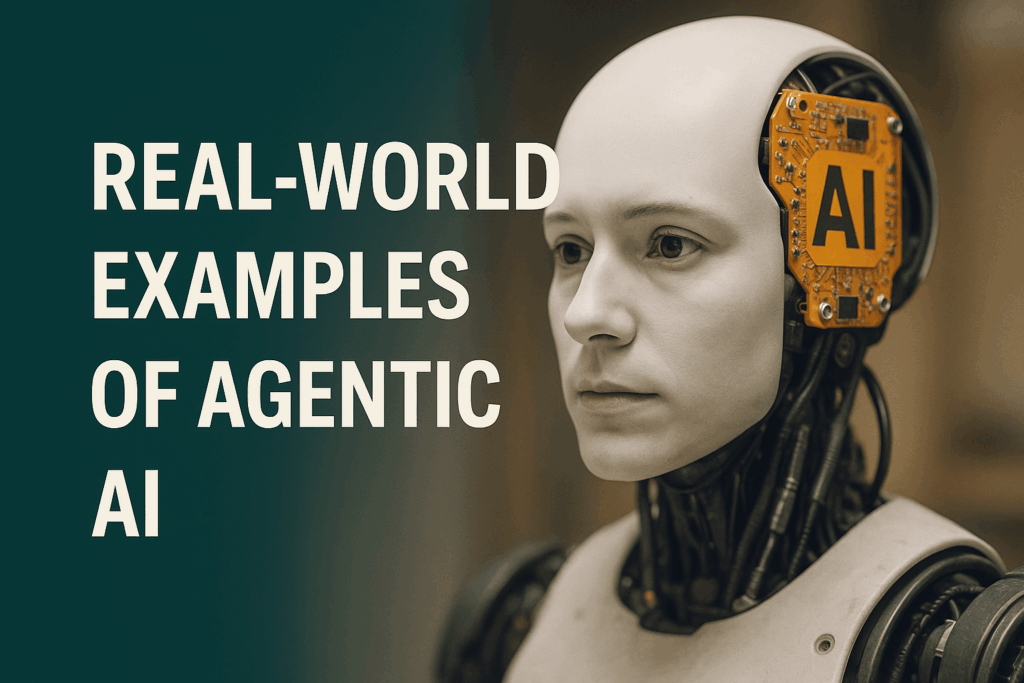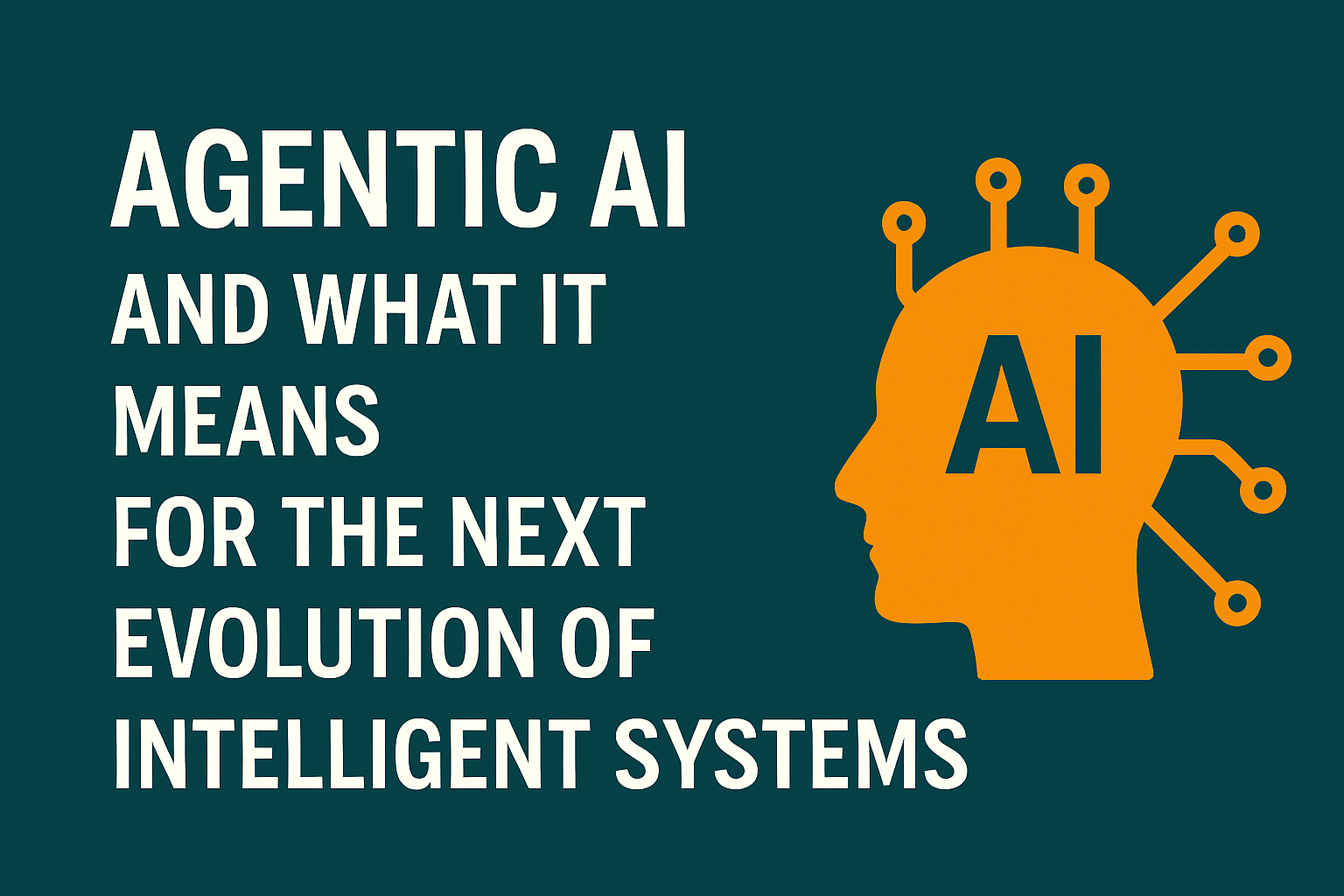As agentic systems emerge, they raise deeper questions about autonomy, accountability, and what “intelligent” really means
In the latest wave of AI news, a new term is rapidly gaining traction: agentic AI. At first glance, it sounds like another buzzword in an industry known for them. But at Techestateempire, we’re taking a closer look—and what we’re seeing is far from hype.
Agentic AI represents a meaningful departure from the tool-like models we’ve grown used to. These are not just systems that respond to commands—they’re systems that initiate, navigate, and solve. And that makes all the difference.
In contrast to the passive nature of traditional or even generative AI, agentic models are goal-driven, context-aware, and capable of making independent decisions. They aren’t here to just write copy or generate images—they’re designed to complete multi-step objectives without supervision.
This isn’t science fiction. This is where tech news is headed.
What Is Agentic AI?
According to Andreessen Horowitz, agentic AI describes systems that perform autonomous workflows to reach specific goals. They manage tasks, make decisions, and take actions—all without needing a human to prompt every step.
We previously touched on this evolution in our AI disruption and workforce report, but this technology now demands its own spotlight.
Core Traits of Agentic AI:
- Autonomy: Operates independently after an initial setup or training
- Context Awareness: Reads environments, adjusts responses
- Goal-Directed Reasoning: Completes end-to-end tasks without micro-management
- Self-Improvement: Uses learning loops and feedback to optimize itself
How Agentic AI Differs from Generative AI
| Feature | Generative AI | Agentic AI |
|---|---|---|
| Main Use | Content creation (text, images, etc.) | Goal-directed problem solving |
| Trigger | User prompt | Internal state or system signal |
| Interaction | One-off response | Continuous, dynamic, multi-step execution |
| Autonomy | Minimal | High – acts on its own once a task is defined |
Real-World Examples of Agentic AI

The concept is already leaving the lab and entering our world:
- In Customer Service: AI agents that escalate tickets, resolve issues, and retrain themselves based on customer sentiment. See Zendesk’s AI automation initiative.
- In Healthcare: Clinical planning tools that adjust diagnostics based on new lab results.
- In Software Development: DevOps bots that test, deploy, and monitor software in real-time.
- In Finance: Autonomous agents managing portfolios and flagging fraud—without constant human check-ins.
This is more than automation—it’s delegation.
Challenges: What Happens When AI Acts Without Asking?
As with any leap in power, agentic AI raises serious concerns:
• Who is responsible for its decisions?
If an agentic AI makes a financial error or misdiagnoses a patient, who is at fault—the developer, the deployer, or the AI itself?
• Can we understand its reasoning?
Unlike simpler rule-based models, these systems use opaque decision paths, making transparency and explainability key. That’s why research on interpretable AI is more important than ever.
• What guardrails are in place?
Without tight monitoring, agentic AI could create “runaway workflows” that optimize for the wrong outcomes. We discussed the need for stronger governance in tech leadership—and that’s doubly urgent now.
What the Rise of Agentic AI Means for the Tech Industry
For product teams, this means building systems with bounded autonomy—capable of acting independently but with oversight baked in.
For regulators, it means setting frameworks for accountability before things go wrong.
And for users? It’s about learning how to work alongside systems that don’t just serve—they collaborate.
As we mentioned in our AI and economic forecasting series, the greatest value in AI lies not in replacing humans—but elevating what humans can do.
Final Thoughts: Agentic AI Isn’t the End of Human Control—It’s the Start of Human Collaboration
The rise of agentic AI marks the beginning of a new phase in how we build, use, and trust intelligent systems. These are not just smarter algorithms—they’re actors, planners, and partners.
At Tech Estate Empire, we believe the future of tech news isn’t just about what machines can do—but about how we co-evolve with them.
Agentic AI will continue to redefine roles across industries—from software to medicine to logistics. But its success depends on our ability to shape its growth with transparency, security, and ethical intent.
The next great leap in artificial intelligence won’t come from better prompts—it will come from better purpose.

